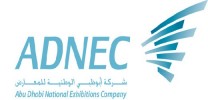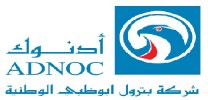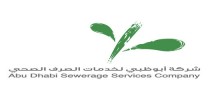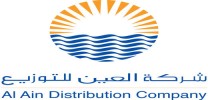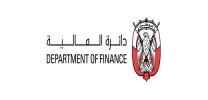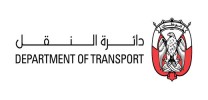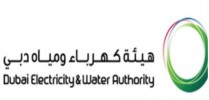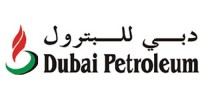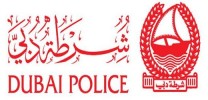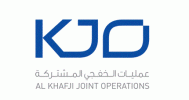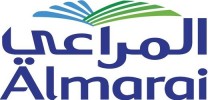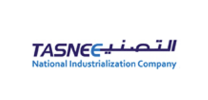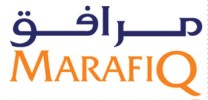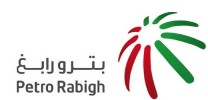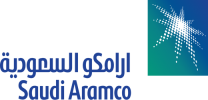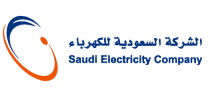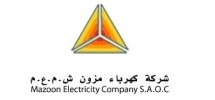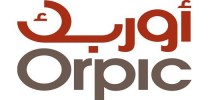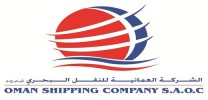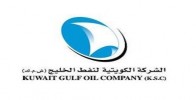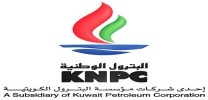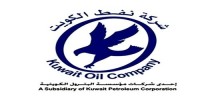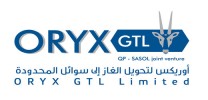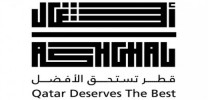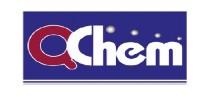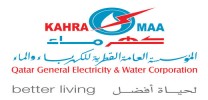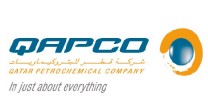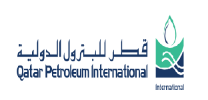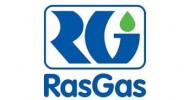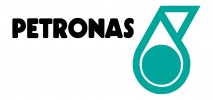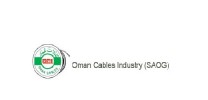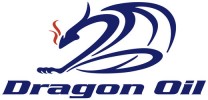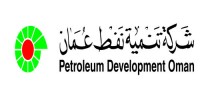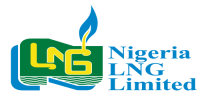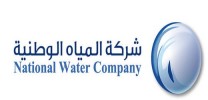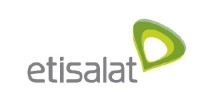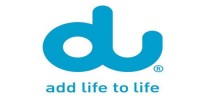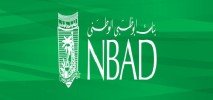
Skills of Dealing with Mass Media and Planning Advertisement Campaigns and Measuring their Effectiveness
Course Introduction:
Great advertising is inspired by insights about consumers and brands and how the two interact. The process usually starts with a client problem and ends with a solution for consumers. The effectiveness of advertising also depends on the capability of agencies to develop and manage advertising for a range of media and maintain message “cut through” over time. This is the concept of “campaign ability”. In this course we will examine international and local advertising campaigns and specifically campaigns that have built a strong brand relationship with consumers and achieved specific communication objectives. The role and function of strategic planners will be explored, including how they transform research data into strategic insights and then use these insights as the foundation for effective advertising campaigns. In this course you will be given the challenge of developing an advertising campaign in response to a client brief.
Course Objectives:
By the end of the program, participants will be able to:
· Describe field of marketing communications and explain the characteristics of successful campaigns (off-line and on-line).
· Compare and contrast disciplines of marketing and advertising, and explain the functions, characteristics, and activities involved within.
· Identify psychological factors that influence consumers and describe how these factors are assimilated into structure of effective campaigns.
· Define principles of integrated marketing communications (IMC) and describe how companies apply these principles to ensure messages are heard by both consumers and businesses.
· Define advertising management process and explain how a company’s mission, products, and services impact its advertising programs.
· Describe criteria for creative, effective advertising and marketing messages, giving consideration to the message’s strategic purpose, intended media, aesthetic intent, and target audience.
Who Should Attend?
Marketing staff and executives who wish to know more about the vital role that marketing communications play in organizations and their impact on brands and consumers. The program is also designed for anyone who wants to keep current on both conventional and digital marketing communication tools and strategies.
Course Outline:
The Role of Promotion and the Marketing Mix
- An Overview of the Marketing Mix
- The Role of Promotion in Marketing
-
The Elements of the Promotion Mix
- Advertising
- Personal Selling
- Public Relations
- Sales Promotion
- Promotion Mix Strategies across the Product Life Cycle
Event Management: Creating Company/Brand Exposure
- Creating an Event Concept
- Key Elements of Event Design
- Event Planning and Execution
- Aligning Event Elements with Company/Brand Identity
- Creating an Event Checklist
Launching an Advertising Campaign
- The Process of Launching a Campaign
- Characteristics of a Successful Campaign
- Using AIDA to Come Up with Creative Decisions
- Determining the Buyer-Readiness Stage
- Selecting the Right Media Vehicles
- Setting the Campaign’s Budget
- The Role of the Advertising Agency
- Advantages and Disadvantages of Using an Advertising Agency
- What to Ask the Advertising Agency For
The Framework of Promotional Campaigns
- Assessing the Brand’s Strengths and Weaknesses
- Identifying a Clear Positioning
- Identifying Target Market
- Selecting a Consistent Message
- Evaluating Different Creative Briefs
- Agreeing on the Final Strategic Copy
Digital Marketing Campaign Strategies
- Traditional versus Digital Marketing
-
Some Digital Marketing Tools
- Google Plus
- Email Marketing
- Mobile Marketing
- Pay Per Click Marketing
- Social Media Marketing
- Preparing and Managing a Digital Marketing Campaign
- Website Analytics: Measuring the Digital Marketing Effectiveness
Course Methodology:
A variety of methodologies will be used during the course that includes:
· (30%) Based on Case Studies
· (30%) Techniques
· (30%) Role Play
· (10%) Concepts
· Pre-test and Post-test
· Variety of Learning Methods
· Lectures
· Case Studies and Self Questionaires
· Group Work
· Discussion
· Presentation
Course Fees:
This rate includes participant’s manual, Hand-Outs, buffet lunch, coffee/tea on arrival, morning & afternoon of each day.
Course Timings:
Daily Course Timings:
08:00 - 08:20 Morning Coffee / Tea
08:20 - 10:00 First Session
10:00 - 10:20 Coffee / Tea / Snacks
10:20 - 12:20 Second Session
12:20 - 13:30 Lunch Break & Prayer Break
13:30 - 15:00 Last Session





.jpg)

















